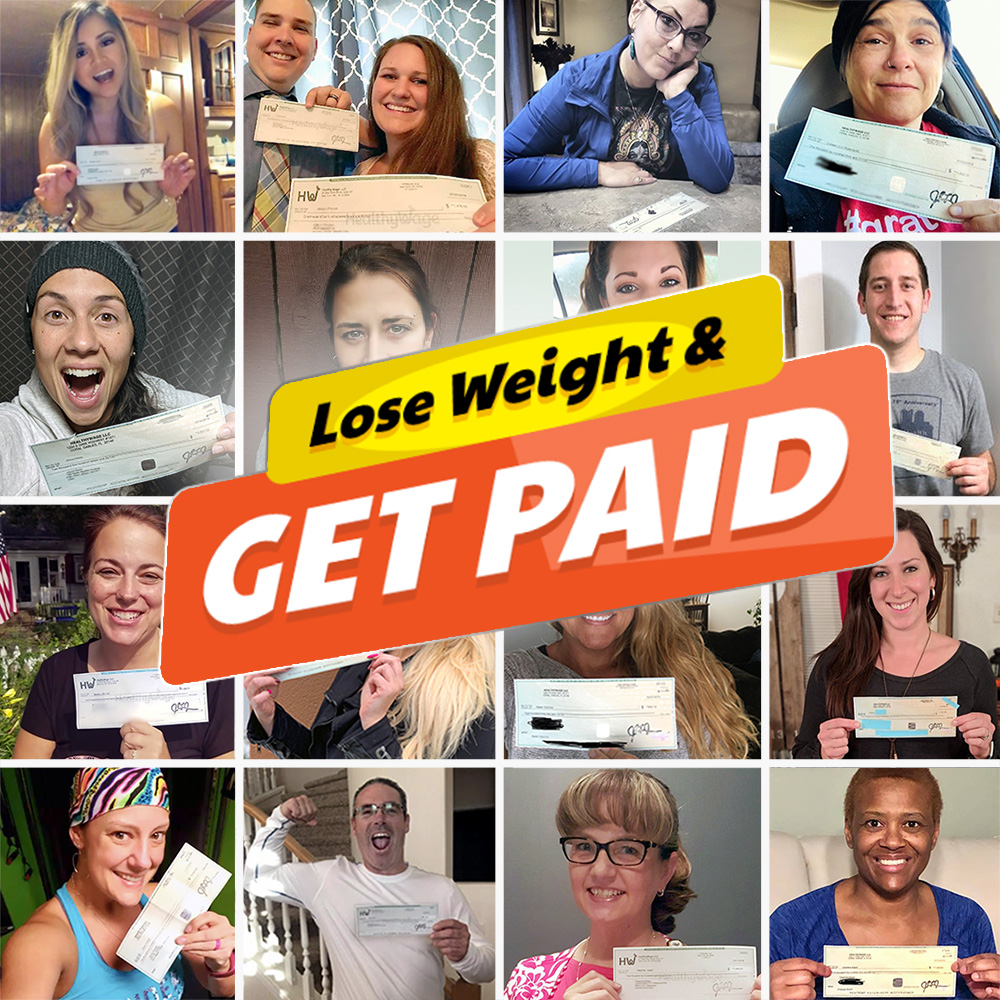6 Steps to Ending Bad Eating Habits
A
client wrote, "Help me! I thought I was finally getting a handle on my
weight issue but the sugar is killing me. I had an awful day. I won't even tell
you what I ate today because it is just so unbelievable.
All I will say is that 90% of my food today consisted
of sugar! I really, really need some help getting past these cravings. I am no
doubt a sugar addict. If I could get past this there is no doubt that I will
reach my goal."
If
you see a little of yourself in this message, you're not alone. Many describe
themselves as sugar addicts. They believe if it were only for that one thing,
then they could reach their weight loss goals.
If you believe only one thing stands in your
way of losing weight, consider this: What if that one thing (an addiction to sugar for instance) were gone?
Do you really believe, "If I could get past this, there is no doubt that I
will reach my goal," or is it an easy excuse to stay stuck?
If
I told you I could show you a way to stop craving sugar, would you want me to
show you how?
Think
about that for a moment. Close your eyes and really think it through. You've
said if only you didn't crave sugar, then you could lose weight, but is that
really true for you? Ask yourself these questions:
Would
you eat differently, and if so how?
Would
you act differently, and if so how?
What
else would change, and what would stay the same?
What
would you lose?
What
would you gain?
Until
you know what you want, know you can achieve it, and know what else will change
(i.e. how your life may be different), you can't discover any obstacles that
first must be considered.
For instance, you may want to stop eating
anything after 7 PM yet your husband doesn't come home from work until 8 and he
wants you to join him for dinner. That's an obstacle.
If
you've got a habit of watching your favorite TV show with a bowl of ice cream,
then breaking that habit is another obstacle.
If
you don't work out ways to overcome your obstacles perhaps through discussion
and compromise with your husband, or habit breaking exercises for your ice
cream habit, there's bound to be a problem.
Just
saying you're not going to do something any mroe rarely works. Instead
determine what might stand in the way of achieving your goals, find a way
around them, and you're much more likely to actually achieve those goals once
and for all.
The
statement, "if this one thing were handled, then everything else would
fall into place" is an "If Then" statement and gets people into
trouble. They want a fairy godmother to make it all better. A strong belief
that one single thing such as, "eating sugar is my problem," sets you
up to fail, especially if you really like eating sugary foods.
Getting
a handle on your cravings is not an all-or-nothing proposition. You must leave
room for occasional deviations. It's not the occasional side trip that causes
weight trouble, it's the road we usually travel.
In
NLP (Neuro Linguistic Programming) a good starting point is the exercise called
Establishing a Well Formed Outcome. "Well formed" means it meets all
criteria of a well thought-out end result.
NLP:
How to Create a Well Formed Outcome & Get What You Want
Here
are the steps to creating a well formed outcome:
1)
State what you want (not what you do not want). "I want to weigh 135
pounds."
2)
Determine whether you can achieve it (do you believe it is possible?).
3)
What resources do you have and what do you need (time, money, gear, clothes,
equipment, coaching, whatever).
4)
Check whether anyone else is involved and any potential obstacles that may come
up regarding others. Think of everyone involved in your day-to-day life.
5)
Picture yourself "as if" you've obtained what you say you want and
see if that picture fits. Do you like what you see?
6)
Put together a plan of action for the achievement of your outcome.
While
it may seem like a lot of effort simply to decide what you really want, going
through these steps at the beginning helps you find potential obstacles which
previously stopped you from moving forward.
For
example, if you decide you want to join a gym and start exercising every day
but you've forgotten you don't even own a car and just lost your job, that
exercise plan might not work out right now.
If you did join a gym, you'd end up not going
and then you'd think you'd failed, yet it was the plan that failed, not you.
You didn't think it through.
A
better plan in this instance may be doing exercises at home, or within walking
distance (or simply walking for exercise).
Later, when you do have transportation, you
can rethink the plan and perhaps join a gym then. There are always options.
It's
better to look at what you want from every angle, then put together a plan you
know can and will work. Then when you know what you want, you'll also know you
can make it happen and begin by taking that first step toward making it a
reality.





No comments